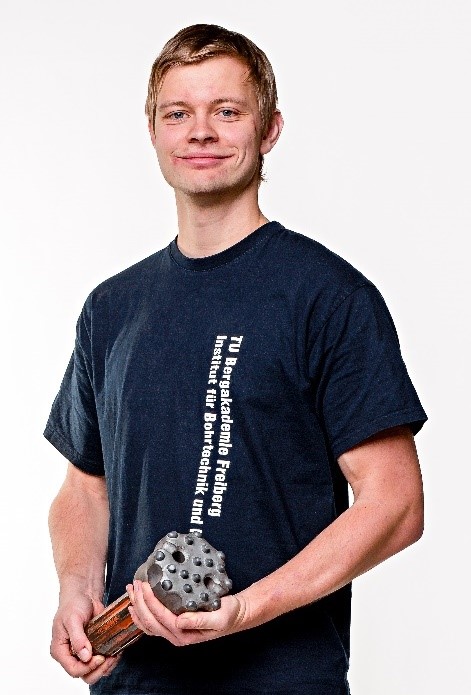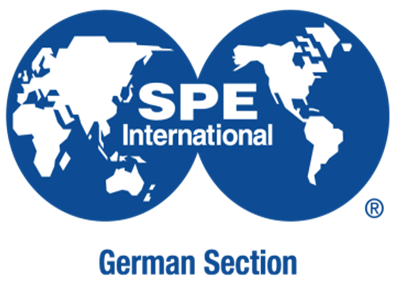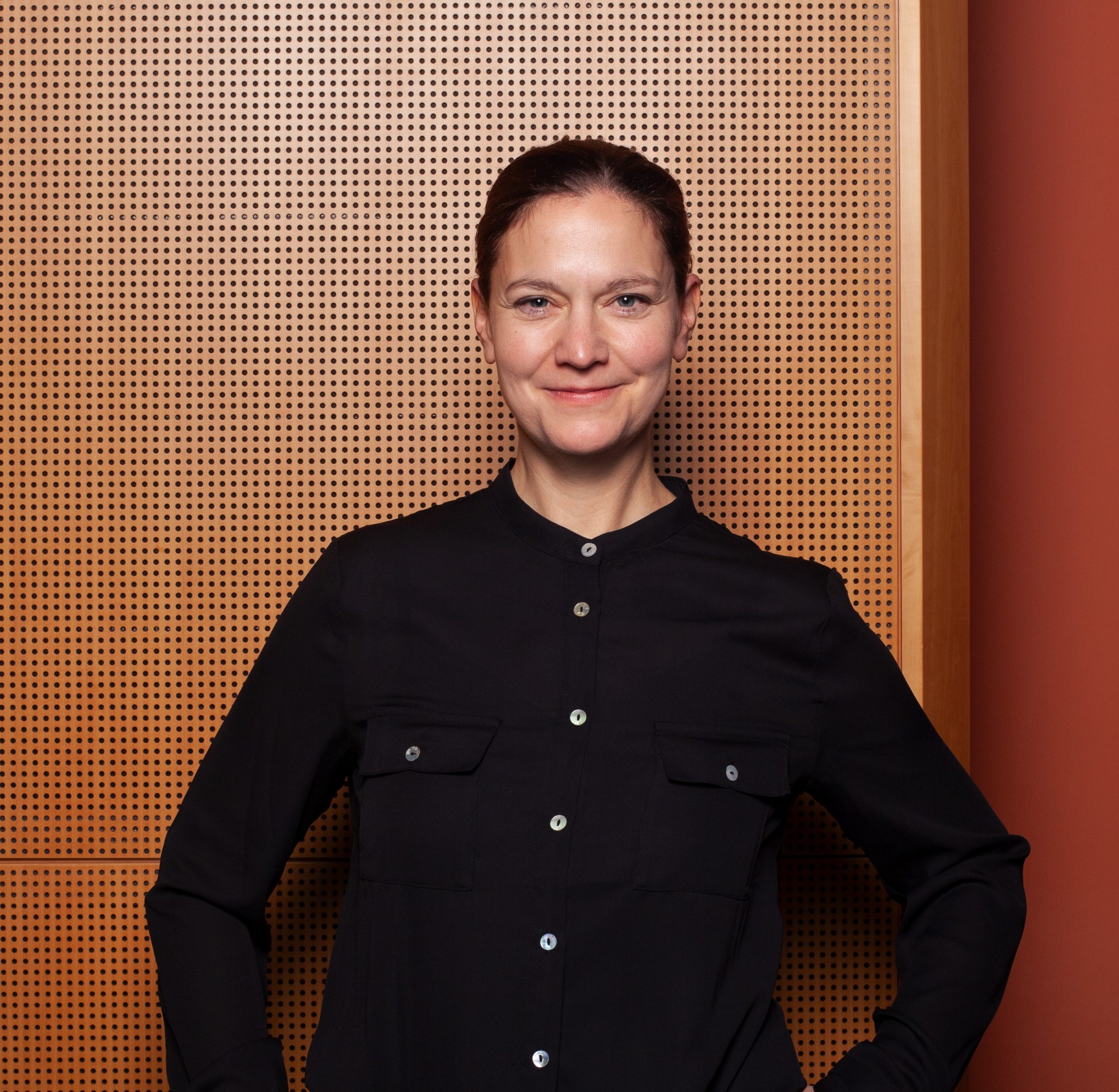Abstract
The energy transition represents a major technical and social challenge. Fossil energy sources such as oil and gas will continue to be an important pillar of global energy supply in the coming decades. In the long term, however, these will have to be replaced by emission-free forms of energy generation. One particularly interesting option for the base load is the use of geothermal energy. With the help of deep boreholes, entire neighbourhoods can be heated and district heating networks fed.
The deep wells required for the exploration of oil and gas deposits have so far been drilled almost exclusively in sedimentary rock. The existing drilling tools are optimized for this and work economically. However, drilling in crystalline hard rock is of great importance for a nationwide supply of deep geothermal energy. With conventional deep drilling tools, only low drilling speeds can be achieved here. Thus, drilling causes high costs and makes such geothermal projects uneconomical so far. New drilling tools and methods are required for this.
When it comes to destroying hard rock, rotary percussive drilling has long been established in shallow drilling technology and works excellently. In quarries and mines, but also for shallow geothermal projects, so-called rotary hammers are already in use. They are driven by compressed air or clear water. However, the drilling fluid, which is so important for the safe sinking of a deep borehole, contains solids, which destroys existing percussion hammers in a short time. For this reason, the TU Freiberg has been researching for years into alternative methods of driving underground hammers in deep drilling technology. Indirect drives, in which the drilling mud only comes into contact with a drill motor but not with the percussion mechanism, have proved to be promising. With this approach, the wear problems of direct drives can be avoided. The current research phase is concerned with the prototype of an oil-hydraulically driven percussion mechanism. Within the scope of the WebSeminar, the mode of operation will first be explained. In addition, current challenges and results of the testing will be presented.


